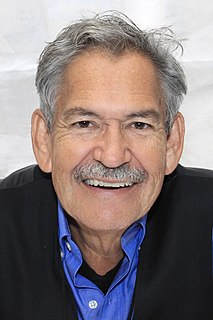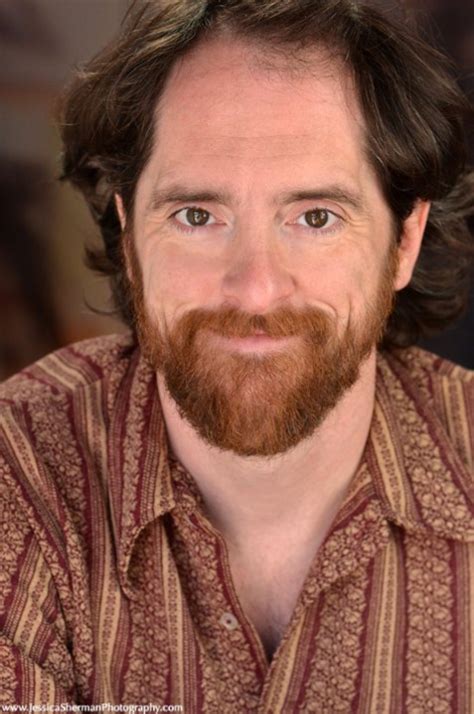A Quote by Regina Brett
For me, being Catholic was who I was and who I am, just like I'm Irish and Slovak. It's just so ingrained in us.
Related Quotes
I just remember music always being a part of my life. I was never like, "I'm gonna be a rock star," or "I'm gonna be in a band." It was more "I just play piano, and I'm always going to play piano. That's who I am and that's cool." I think music became so ingrained in me that it was not even my choice.
Irish is harder to pull off. I know southern people and I really like the midwest, so I can tap into that a little bit. It's easier to sound angry with southern than it is Irish. Yelling Irish you can sound like an angry Leprechaun. I think me screaming like I am going to kill you in Irish doesn't work.
I'm an ex-Catholic priest. I have such a complex relationship to Catholicism. On the one hand, if I called myself a Catholic it would have to be a very unorthodox one, as I just don't believe all of the teachings of the Church. But on the other hand, I'm an educated man because the Catholic Church educated me. It gave me something that is really important to me. So I always think about my faith. I always have it, and sometimes I can't talk about it, and sometimes I can. I am like an adolescent in that way. Teens are asking questions: who is God and what does it mean to have faith?
I'm Irish as hell: Kelly on one side, Shanley on the other. My father had been born on a farm in the Irish Midlands. He and his brothers had been shepherds there, cattle and sheep, back in the early 1920s. I grew up surrounded by brogues and Irish music, but stayed away from the old country till I was over 40. I just couldn't own being Irish.
All my family look Irish. They act Irish. My sister even has red hair... it's crazy. I'm the one that doesn't seem Irish. None of the kids in my family, my siblings, speak with an Irish accent... we've never lived there full-time; we weren't born there. We just go there once or twice a year. It's weird. Our parents sound Irish, but we don't.
When the Irish nun said to me, "Speak your name loud and clear so that all the boys and girls can hear you," she was asking me to use language publicly, with strangers. That's the appropriate instruction for a teacher to give. If she were to say to me, "We are going to speak now in Spanish, just like you do at home. You can whisper anything you want to me, and I am going to call you by a nickname, just like your mother does," that would be inappropriate. Intimacy is not what classrooms are about.

































